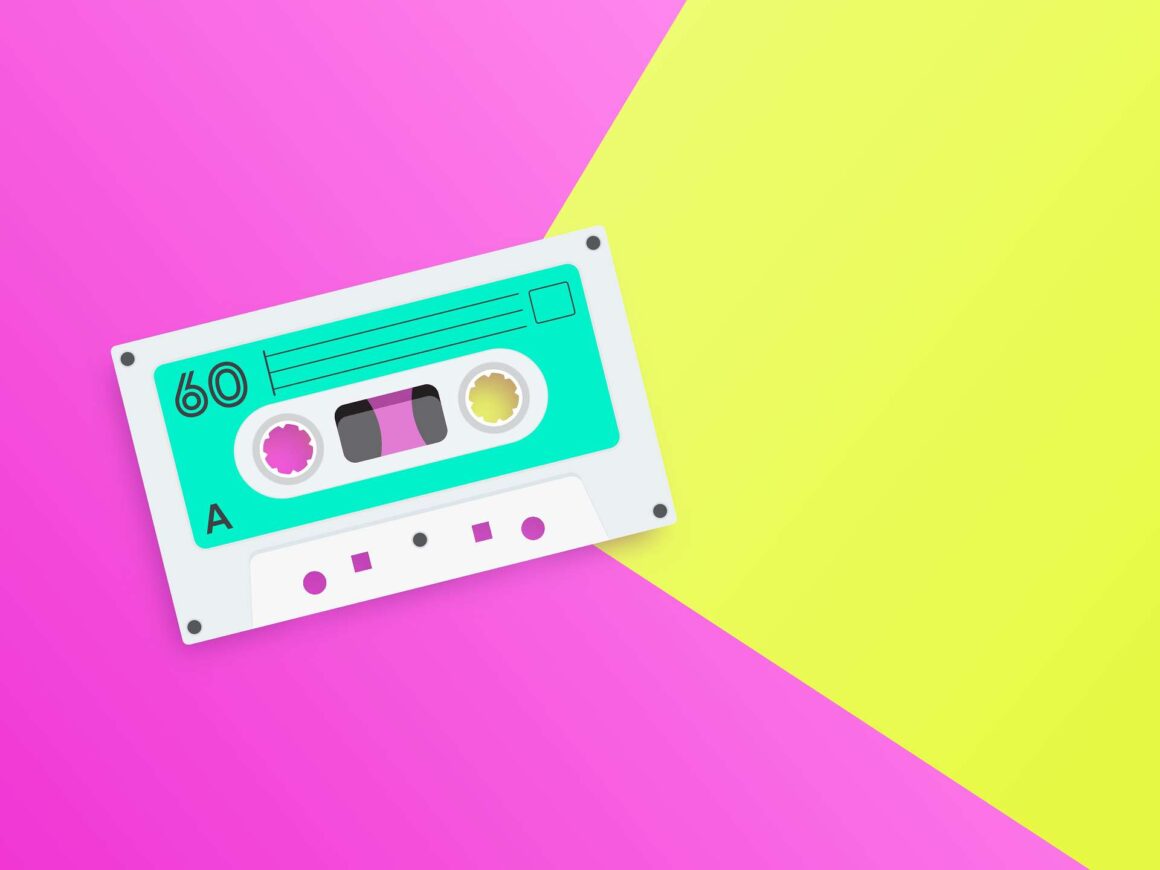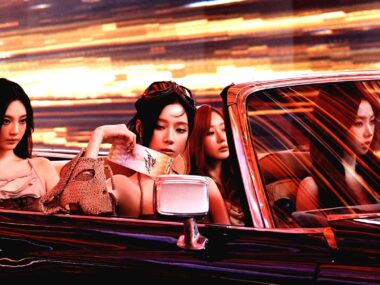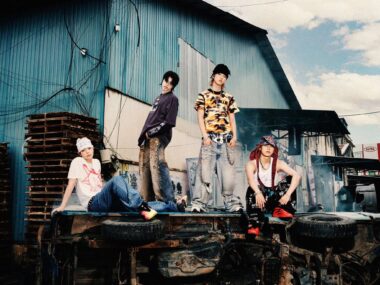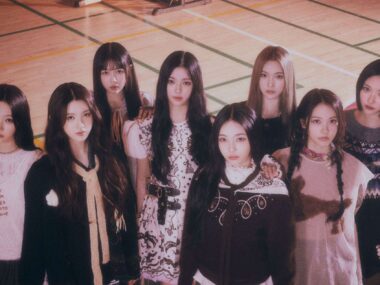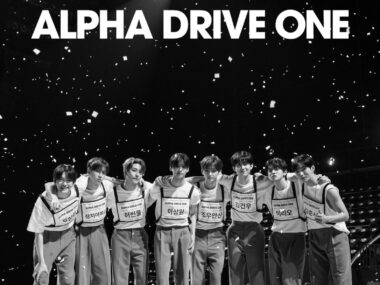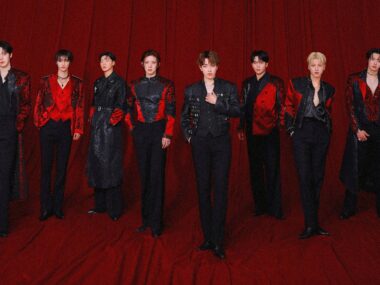K-pop has always had young idols. Lately fans, especially teens themselves, are pushing back. Why does it feel so uncomfortable to stan someone who’s only a year or two younger? Why does a 17-year-old fan balk at supporting a 16-year-old idol? The unease isn’t just about numbers. It’s about what those numbers represent inside an industry built on image, admiration, and parasocial connection.
The “Age Gap” Isn’t Just Numbers
On paper, the difference between 16 and 17 doesn’t mean much. In K-pop, context magnifies that gap. Fans don’t see idols as classmates; they see them as performers polished by years of training, styled into glamour, and projected onto global stages. When that role is handed to someone still in high school, the imbalance becomes stark. It forces fans to reckon with just how much pressure is being placed on people barely older, or sometimes younger, than themselves.
The Sexualization Problem
A big source of discomfort comes from how young idols are marketed. Fans wince when a 14–18-year-old shows up in outfits so short they barely cover safety shorts, or when they’re pushed into “mature” concepts that blur the line between image and exploitation. No one knows whether these teens are truly comfortable with the roles they’re assigned, or if their agencies are forcing them into it. That uncertainty makes supporting them feel less like stanning and more like complicitly watching.
Fans Don’t Want to Feel “Predatory”
K-pop fandom thrives on attraction, admiration, and biasing. When an idol is younger, even by just a year, fans hesitate. A 16-year-old calling a 14-year-old “hot” feels wrong, even if the gap is tiny. Many fans fear crossing the line into infantilizing or, worse, predatory territory. The parasocial fantasy breaks when the idol feels more like a younger sibling than a star.
Teen Fans Look Up, Not Across
There’s a psychology to idolization: teens usually want someone slightly older to admire. A 15-year-old might dream about being 19, independent, stylish, almost adult. That’s aspirational. Stanning someone the same age or younger feels less like chasing a dream and more like cheering for a classmate who just got cast in a play. It doesn’t create the same sense of fantasy.
The Adult Line
For fans 18 and older, the discomfort sharpens. A single year can redraw boundaries: an 18-year-old is legally an adult, while a 17-year-old isn’t. Add in differences in maturity, college and part-time jobs versus homework and curfews, and the gap feels wider than the math suggests. Young adult fans also worry about how they’ll be perceived if they stan minors, and many choose to avoid younger idols entirely.
Adults See the Industry, Not the Idol
Fans in their 20s and 30s rarely stan very young idols in a romantic or aspirational sense. They might support them like protective older siblings, but they’re more likely to question why agencies are debuting minors at all. For this group, the discomfort shifts from personal unease to industry critique: why is a child expected to shoulder global fame?
The Cultural Expectation
It’s not just personal preference. In the United States and other countries, it is highly inappropriate for adults to have obsessive or sexualized interest in underage entertainers, including child actors and performers. That attitude trickles down from older people to younger ones. Even a 16-year-old might think it’s wrong to stan a 15-year-old idol because societal expectations have ingrained that expectation. Over time, it’s become a fandom rule: idols should be older to be stan-worthy.
The Bigger Issue
All of these discomforts point back to the same truth: K-pop companies keep pushing younger and younger idols because it maximizes career length and marketability. Fans are no longer buying into it blindly. They want idols who are adults and are marketed in ways that feel safe, aspirational, and respectful.
The backlash against young debuts isn’t just about whether someone is 16 or 20. It’s about boundaries, consent, aspiration, and the uneasy feeling that the industry values profit over people. Fans want idols they can admire without guilt. More than ever, they’re asking why “idol” has to mean “teenager” at all.
